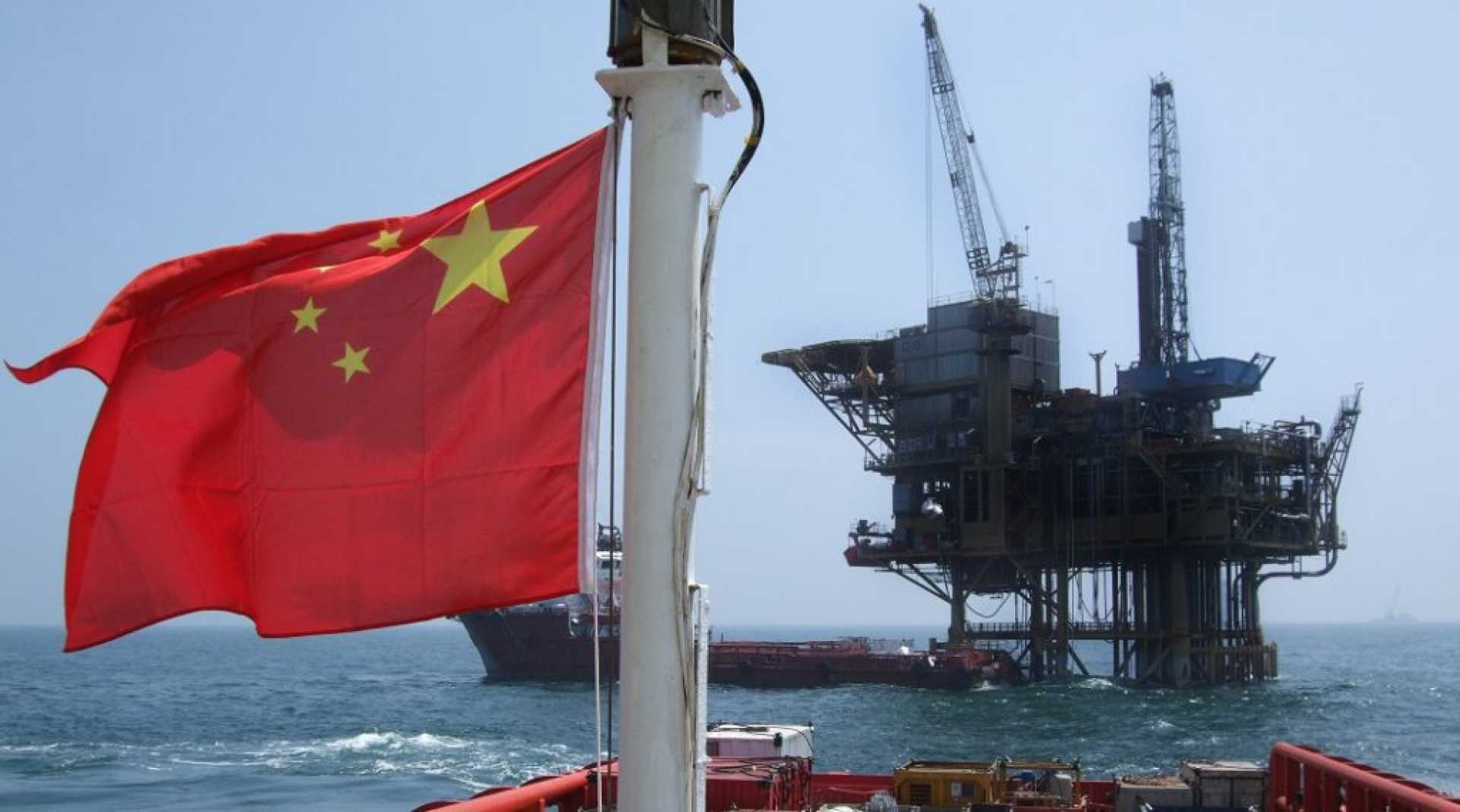World
Suriname Emerges as Key Player in U.S.-China Rivalry Over Oil and Resources

PARAMARIBO, Suriname — Suriname, one of the smallest nations in the Western Hemisphere, is becoming a focal point in the intensifying global rivalry between the United States and China as it positions itself to join the ranks of the world’s newest oil producers. The country’s strategic importance is underscored by its growing economic ties with China, which has invested heavily in infrastructure, mining, and energy projects over the past two decades.
China’s influence in Suriname is multifaceted. It is the country’s largest sovereign lender and a key trading partner, with Chinese companies actively involved in upgrading infrastructure and extracting resources like bauxite and gold. The relationship is further cemented by cultural initiatives, such as the Confucius Institute at Suriname’s Anton de Kom Universiteit, which promotes China’s economic success and adherence to the one-China principle.
Suriname’s political leadership has embraced this partnership. Former President Dési Bouterse visited China in 2019, and his successor, Chan Santokhi, met with Chinese President Xi Jinping in April 2024. During his visit, Santokhi praised China’s leadership and its Belt and Road Initiative (BRI), stating, “China is taking leadership in the world and supporting other countries. My country is also benefiting from this development.”
Chinese investments in Suriname’s extractive industries are particularly significant. In November 2024, Chinese mining company Chinalco signed a $426 million memorandum of understanding with the Surinamese government to revive bauxite mining, a once-thriving industry that declined in the 2010s. Additionally, PetroChina, a subsidiary of China National Petroleum Corporation, secured production-sharing agreements in Suriname’s oil blocks, mirroring its operations in neighboring Guyana.
However, China’s growing presence has sparked criticism. Suriname’s debt to China, which reached $476 million, has raised concerns about economic dependency. Critics argue that China’s prolonged debt negotiations and favorable terms for Chinese companies, such as tax exemptions, undermine Suriname’s sovereignty. The proposed Chinalco deal has also drawn backlash for its potential environmental and social impacts, including the displacement of Indigenous communities.
Meanwhile, the United States is stepping up its engagement in the region. In December 2024, the U.S. Export-Import Bank approved a $526 million loan to Guyana for a gas-to-energy project, signaling Washington’s intent to counterbalance China’s influence. Suriname, with its emerging oil and gas sector, presents a similar opportunity for U.S. investment. TotalEnergies, a French energy giant, has already begun drilling operations in Suriname, with plans to expand in 2025.
As Suriname navigates its economic transformation, it finds itself at the crossroads of a geopolitical tug-of-war. The country’s strategic location and resource wealth make it a key player in the U.S.-China rivalry, with both superpowers vying for influence in the Americas. The outcome of this competition will shape Suriname’s future and its role in the global economy.












